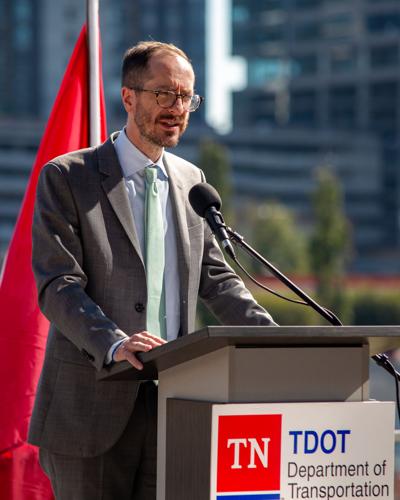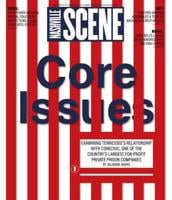
Freddie O'Connell
Mayor Freddie O’Connell signed 44 executive orders Friday, most of which continued existing policy from predecessors Megan Barry, David Briley and John Cooper. The batch addressed far-ranging topics like secondary employment for police officers and officially designating Juneteenth as a city holiday. In a press release, O’Connell chose to highlight two in particular: an updated Green and Complete Streets policy and the establishment of the Nashville Health and Well-Being Leadership Council.
Executive orders come directly from the mayor’s office and allow the mayor an avenue for policy and administrative action. Their legal powers are poorly defined in the Metro Charter, with the exception of orders in states of civil emergency.
O’Connell’s main move Friday continued dozens of orders that have accumulated over previous administrations and were facing expiration dates. Executive Order 30, for example, regulates reporting between Metro and federal immigration authorities and came from a 2019 task force recommendation to John Cooper.
O'Connell brings on Vanderbilt's mobility director, expects to know more 'by the end of the month'
Mayor Karl Dean first filed a complete streets order in 2009. O’Connell’s update includes explicit support for bicycle, pedestrian and mass transit infrastructure. His emphasis reflects an administration-wide push to support transit options beyond cars. At the recommendation of his own transition committee, O’Connell is expected to pitch his countywide transit plan to voters in the coming weeks to set up a referendum vote on the plan in November.
“A complete street network is the backbone of a more livable and resilient city,” says O’Connell in a press release. “Simply put, our streets should feel safe, comfortable, and convenient for all Nashvillians — pedestrians, cyclists, transit users, and drivers. Complete streets provide opportunities to build Nashville’s multimodal network and ensure that it is aligned with our land use policies, zoning recommendations, and urban design principles.”
The Nashville Health and Well-Being Leadership Council will bring together between 10 and 21 members to evaluate social and economic determinants of mental and physical health in Davidson County. The new council comes months after Dr. Stephanie Kang left the city’s Bureau of Health Equity, which was later folded into the Health Department’s human resources department.






